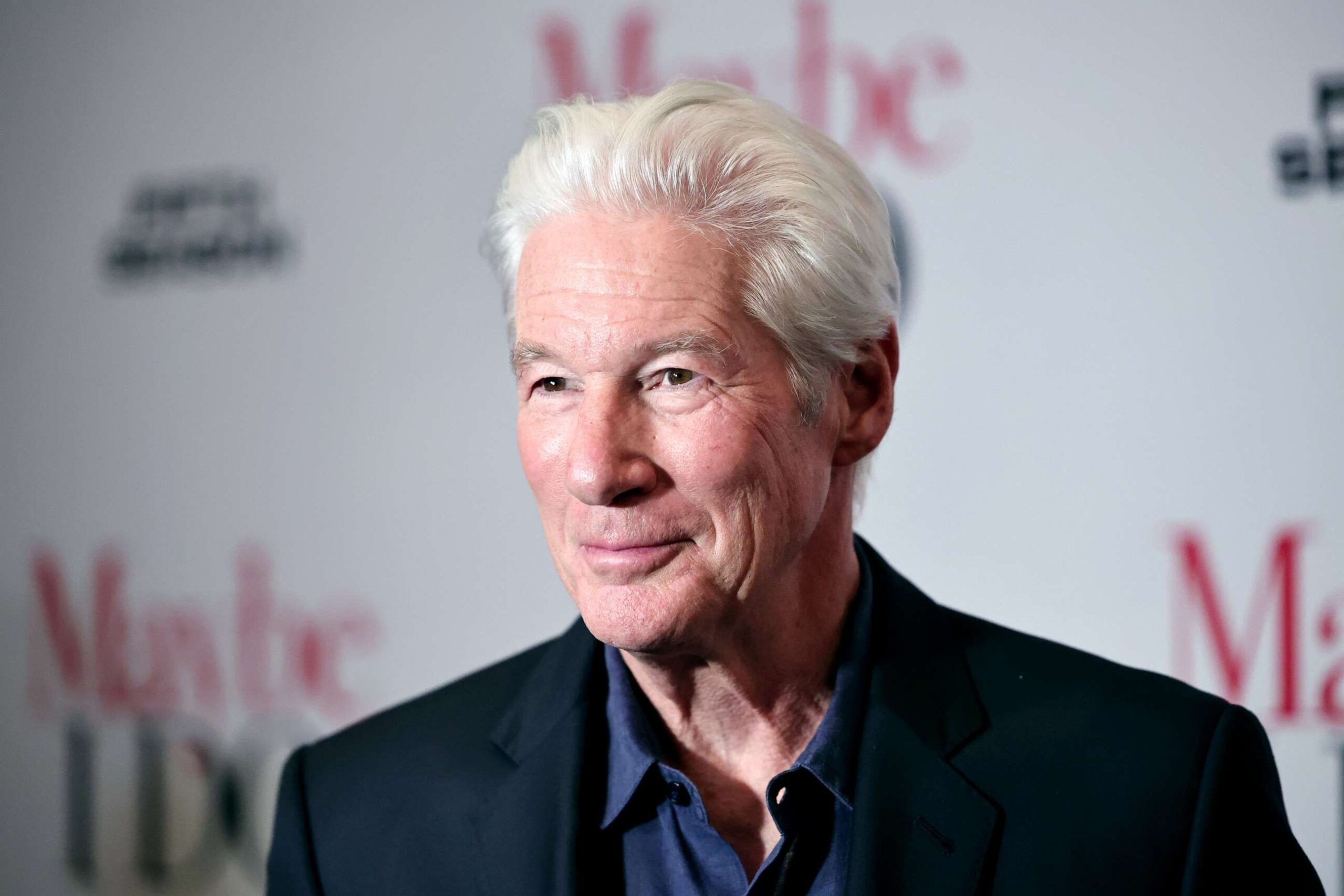
The world of celebrity is often a whirlwind of flashing lights, red carpets, and constant public attention. We celebrate their triumphs, track their careers, and often feel a personal connection to the characters they bring to life on screen or the melodies they craft in the studio. Yet, for all the glamour and spotlight, there’s a quieter, often more somber side to fame – the moments when even the brightest stars fade, and their final farewells, for various reasons, tragically go unnoticed by the broader public. It’s a stark reminder that beneath the glitzy facade, these are individuals with families, friends, and complex lives, just like any of us.
While some celebrities tragically pass away at the very peak of their careers, their deaths sending shockwaves across the globe and dominating headlines, others experience a different, more subdued exit. For many, their time in the spotlight may have waned, or perhaps their passing was eclipsed by an even larger, more sensational story. In these instances, the profound impact they had on audiences and loved ones often gets overlooked in the vast, fast-paced world of celebrity news, leaving a bittersweet echo for those who remembered them fondly.
Jennifer Aniston, a beloved star from “Friends,” once eloquently shared her thoughts on loss following the death of her co-star Matthew Perry, writing on Instagram, “We all experience loss at some point in our lives.” She added, “Being able to really SIT in this grief allows you to feel the moments of joy and gratitude for having loved someone that deep.” Her words resonate deeply, reminding us that every life, celebrated or quietly mourned, leaves an indelible mark. This article aims to shine a light on some of those significant lives, whose passing, for a multitude of reasons, sadly went unnoticed, ensuring their legacies are remembered with the respect they deserve.

1. **Farrah Fawcett**: June 25, 2009, will always be remembered for the passing of Michael Jackson. However, on that same day, a true ’70s icon, Farrah Fawcett, also died. The “Charlie’s Angels” star had been battling anal cancer and passed away early that morning at a local hospital. Her death was tragically overshadowed by the global news of the King of Pop’s passing, quickly turning public attention away from her quiet farewell.
Her close friend, Alana Stewart, recalled to CNN the “odd coincidence” of their deaths happening “just within hours of each other.” This led to Fawcett’s legacy seemingly fading for a while. Adding to this oversight, the Oscars notably omitted her from their “In Memoriam” segment, despite Stewart’s documentary “Farrah’s Story” having aired just weeks prior. Stewart openly lamented the Academy’s decision, calling it “just really wrong.”
Despite the lack of public spotlight on her passing, Stewart believed Fawcett would have found solace in the situation. She speculated Farrah “would kind of be getting a laugh out of that and saying ‘Thank God, they’re over there, finally,'” and “‘They’re leaving me alone.'” This reflects a star who, in her final moments, might have embraced a quieter departure from the intense public eye she so often navigated.
Read more about: The Unforgettable Echoes: 12 American Music Titans Who Forever Sculpted Sound and Culture
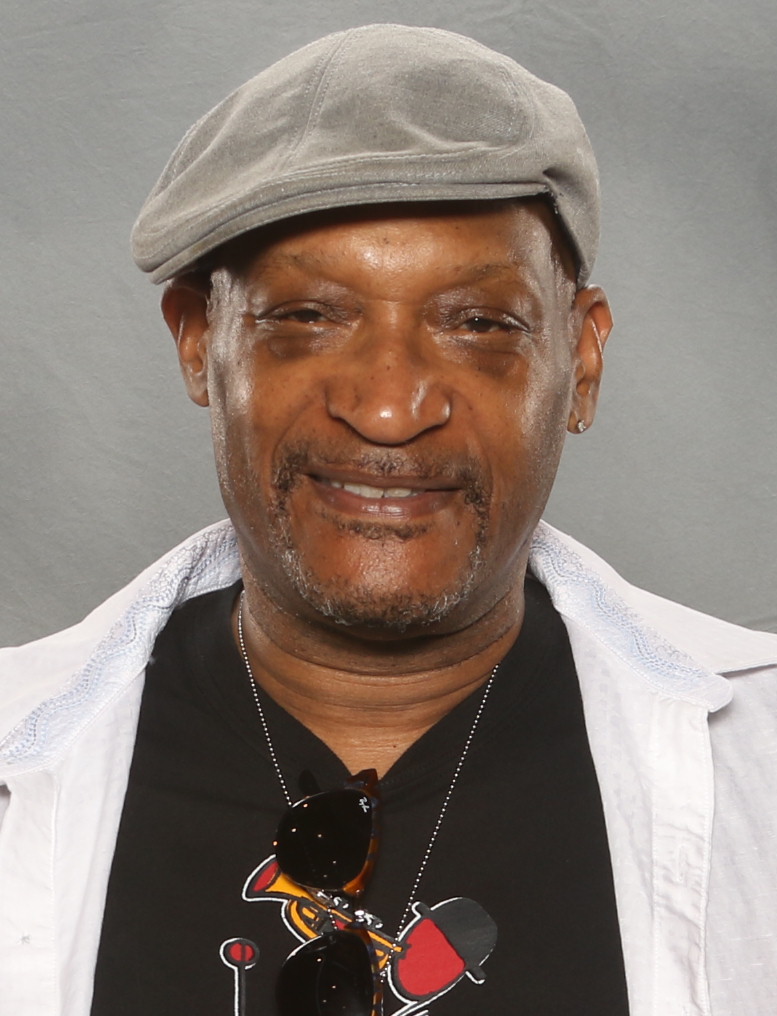
2. **Tony Todd**: Farrah Fawcett was not alone in being overlooked by the Academy’s “In Memoriam” segment. In 2025, “Candyman” horror legend Tony Todd, who passed away in November 2024 from stomach cancer, was also notably absent. This omission deeply angered his family, who, through his widow Fatima, publicly chastised the Academy, suggesting they commit to highlighting all artists, regardless of genre or mainstream appeal.
His representative, Jeffrey Goldberg, expressed sadness to TMZ, stating Todd “wasn’t given the honor that he deserved.” He urged the Academy to “reconsider the way they do this section” as they “often forget others that should be honored.” This outcry underscored a wider concern about the recognition of influential genre actors within the prestigious awards system.
Todd’s commanding presence and distinctive voice left an indelible mark on horror and film. For his family and countless fans, the lack of an Oscars tribute felt like a profound injustice, failing to acknowledge a significant career. His story highlights how some impactful legacies, despite their power, can sadly go unnoticed in the grander, often selective, landscape of celebrity remembrance.
Read more about: Seriously, Where Did They Go? 13 Famous Athletes Who Vanished From the Headlines (And What They’re Up To Now!)
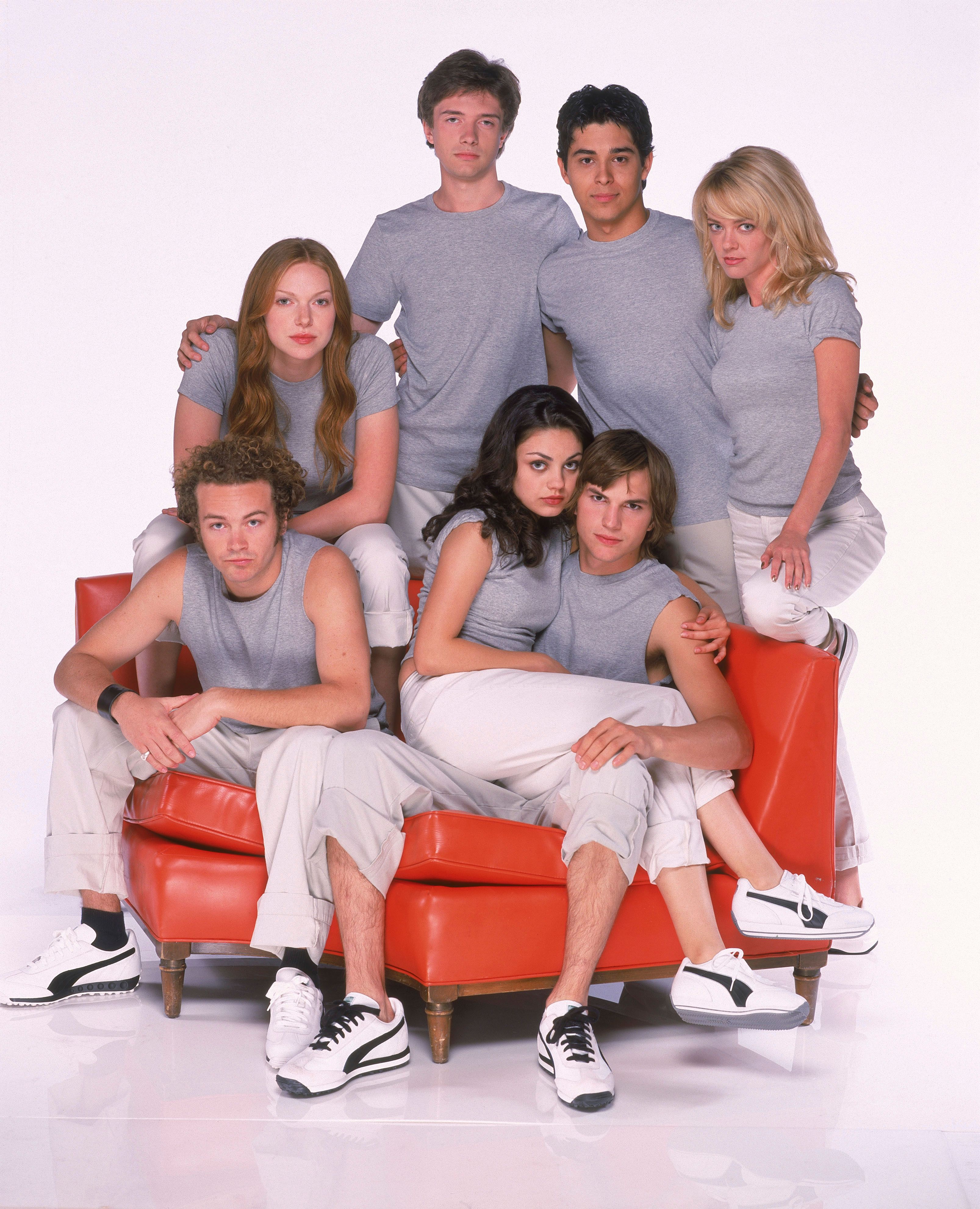
3. **Lisa Robin Kelly**: The beloved “That ’70s Show” star Lisa Robin Kelly’s life took a tragic turn, culminating in her accidental death in 2013 due to drug intoxication. After portraying Eric’s older sister Laurie, Kelly struggled with addiction for years, a battle that became increasingly public and ultimately overshadowed her acting career. Her agent, Craig Wycoff, shared her hopes for recovery, stating she was “looking forward to putting this part of her life behind her.”
Despite her attempts to get clean, including checking into a rehab facility, she “lost the battle” on August 15. Her post-“That ’70s Show” life was marked by arrests for DUIs, domestic abuse, and assault. These public struggles, combined with her fading presence, meant her death largely receded into the “TV ether,” unnoticed by many who once knew her as a bright young star.
However, some never forgot her talent. Kurtwood Smith, her TV dad Red Forman, offered a poignant tribute. He remembered “the lovely, funny and very talented young lady I worked with,” acknowledging “the last 10 years have been such a difficult struggle for her.” His words ensure that Kelly’s vibrant spirit and talent, despite her tragic end, are still cherished by those who worked closest with her.
Read more about: When Stardom Met Stripes: 14 Iconic Actresses and Their Unforgettable 70s-90s Mugshots
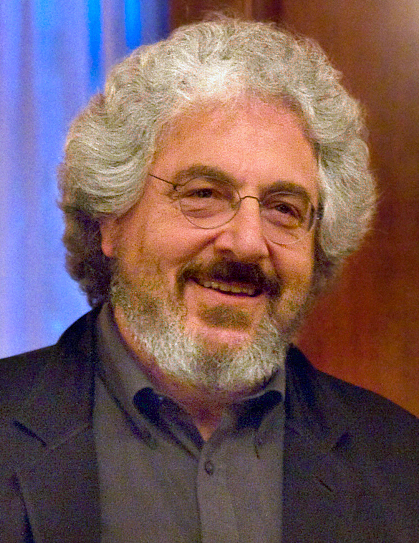
4. **Harold Ramis**: Harold Ramis, the visionary writer and director behind comedic masterpieces like “Groundhog Day” and “Caddyshack,” and a beloved star in “Ghostbusters,” passed away in 2014. He succumbed to complications from autoimmune inflammatory vasculitis, a condition he battled for four years. Despite his immense contributions to cinema, the understated circumstances of his death meant his passing largely escaped widespread, sustained media attention.
His quiet departure did not diminish the profound admiration from colleagues and fans. Writer-director Judd Apatow lauded Ramis to The Hollywood Reporter, stating, “Harold Ramis made almost every movie which made me want to become a comedy director.” Apatow remembered him as both “a director but even more so as a man,” affirming that “His brilliant work will make people happy forever.”
Ramis’s legacy endures through his family, particularly his daughter Violet Ramis Stiel, author of “Ghostbuster’s Daughter: Life with My Dad, Harold Ramis.” Through her book, she not only processed her grief but also recognized his far-reaching impact. She told EW that after he died, she heard from “so many people about how much he had meant to them… He really was this amazing with everybody.” His quiet exit solidified a legacy built on joy and inspiration, touching lives beyond the public gaze.
Read more about: More Than Just a Deadpan Legend: Unpacking the Times Celebs Couldn’t Stand Bill Murray
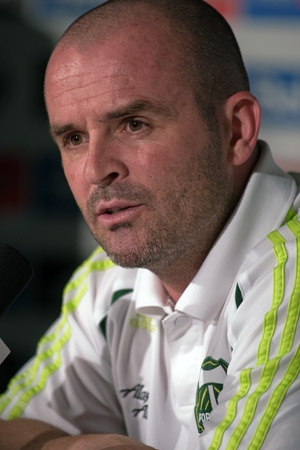
5. **John Spencer**: In a poignant convergence of art and life, “The West Wing” star John Spencer suffered a heart attack and passed away in 2005, just before his 59th birthday. This tragically mirrored his character Leo McGarry’s on-screen heart attack. According to his publicist, Ron Hofmann, Spencer had been admitted to the hospital the night before, making his real-life passing an unexpected and deeply somber event for those who knew him.
His character, the Chief of Staff, was subsequently written out of “The West Wing,” creating a dual sense of loss for devoted fans. While his death went unexpectedly, admiration for Spencer from the cast and creatives was abundant. Show creator Aaron Sorkin and executive producer Tommy Schlamme hailed him as “an uncommonly good man, an exceptional role model and a brilliant actor.” They expressed feeling “privileged to have known him and worked with him.”
Spencer’s colleagues conveyed how deeply he would be missed and remembered. Actor Dulé Hill, who played Charlie Young, admitted to USA Today, “[The] West Wing without John Spencer isn’t The West Wing, to me anyway.” This sentiment underscores that Spencer wasn’t just an actor but, for many, the very “beating heart” of the show, whose quiet, unexpected departure left an irreplaceable void, profoundly felt by his tight-knit professional family.
Read more about: Robert Redford: A Towering Legacy of Hollywood Stardom, Independent Cinema, and Enduring Activism

6. **Helen McCrory**: Acclaimed English actor Helen McCrory, star of “Harry Potter” and “Peaky Blinders,” passed away silently at 52 in 2021 after a private battle with cancer. Her husband, “Homeland” actor Damian Lewis, shared the news on X, surprising many colleagues like Cillian Murphy and Michael Sheen, and even the BBC. Lewis’s tribute praised her for living “Fearlessly,” asserting, “She blazed so brightly.”
Her profound impact extended beyond her captivating performances to significant humanitarian work. Just weeks before her death, McCrory and Lewis appeared on BBC’s “Newscast” and “Good Morning Britain.” They discussed their efforts with the Prince’s Trust and Feed NHS, an initiative for which they raised £1 million during the COVID-19 pandemic to provide food for healthcare workers, showcasing her dedication to others.
McCrory’s explanation to the BBC about NHS workers’ struggles to get food highlighted her compassionate nature. Her final public acts were an embodiment of her generous spirit, leaving a dual legacy of artistic brilliance and heartfelt community service. Her quiet departure, marked by immense grace and an unwavering commitment to both her craft and humanity, ensures her memory shines brightly for those who truly recognized her remarkable essence.
Having honored those who departed quietly amidst personal battles or overshadowed by broader events, we now turn our attention to another somber facet of celebrity farewells: the enduring mysteries that continue to shroud the final moments of some of Hollywood’s most intriguing figures. These are stories that, despite decades passing, still prompt questions and speculation, inviting us to ponder the unresolved threads of their lives and deaths. From iconic legends to influential artists, their legacies are intertwined with unanswered questions, leaving an indelible mark on both their fans and true-crime enthusiasts alike.
Read more about: Unbreakable Bonds: Celebrities Share Heartfelt Stories of Losing Their Best Friends

7. **Marilyn Monroe**: Her name is synonymous with Hollywood glamour, a radiant star whose image still captivates millions. Yet, the circumstances surrounding Marilyn Monroe’s death in 1962 remain one of the entertainment world’s most enduring enigmas, officially ruled as a probable suicide or accidental overdose of barbiturates. She was found dead in her bedroom, reportedly still holding the receiver of her phone, a detail that has fueled countless theories.
The web of speculation deepens with her alleged connections to powerful political figures, particularly Robert Kennedy. Reports indicate that Kennedy had met with Monroe on the day of her death, and given her suspected ual relationships with both him and John F. Kennedy, many find it plausible that she was a target, not a victim of self-harm. Monroe was said to be upset that Robert Kennedy was attempting to sever ties with her and had threatened to disclose their affair publicly, casting a long shadow of suspicion over her sudden demise.
Inconsistencies from the scene only add to the mystery. Some accounts claim an ambulance was dispatched after Monroe had already been pronounced dead, while others state she was still alive upon its arrival but passed en route to the hospital. Observers also found it peculiar that drugs were detected in her blood, yet no pill residue was discovered in her stomach, contradicting a straightforward overdose narrative. Furthermore, Peter Lawford, JFK’s brother-in-law, was rumored to have destroyed a note left by Monroe, leaving its contents and significance forever unknown.
While Monroe biographer James Spada suggests that these suspicious occurrences were more about the Kennedys covering up their relationship with her rather than a murder, the precise manner of her death remains stubbornly elusive. Her passing, whether self-inflicted or orchestrated, continues to haunt the annals of celebrity history, a tragic chapter in the life of an unparalleled icon.
Read more about: The High Cost of Hype: 13 Celebrity Fashion Lines That Crumbled Under Pressure
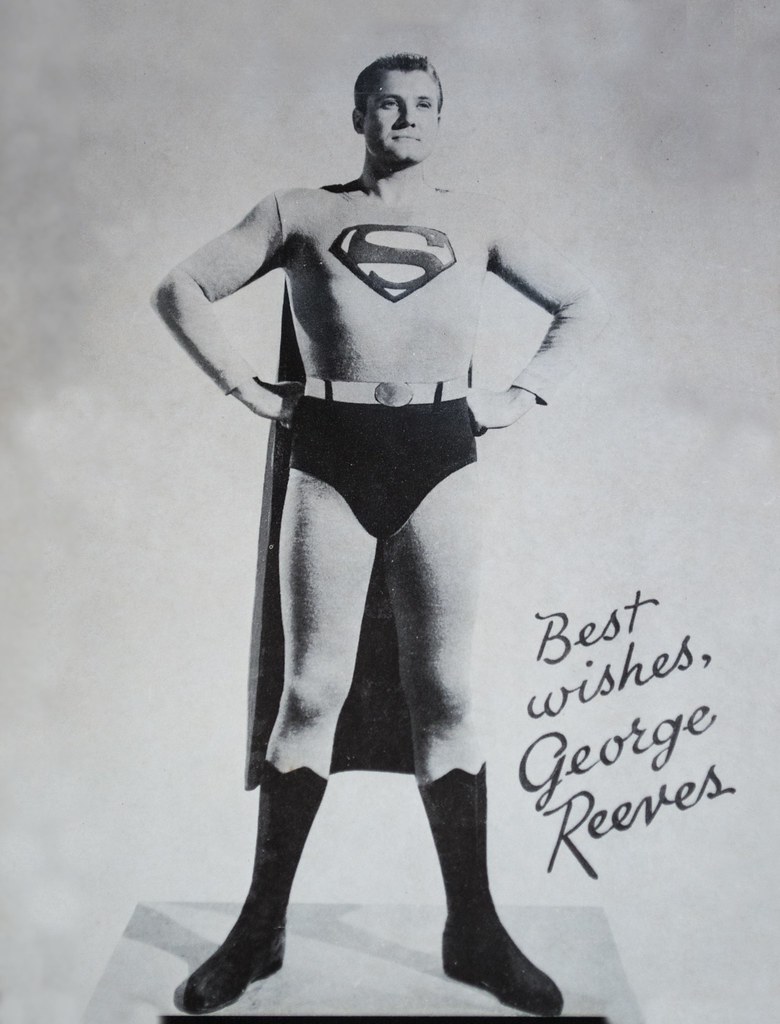
8. **George Reeves**: Before Christopher Reeve or Henry Cavill donned the cape, George Reeves brought Superman to life on television, becoming a beloved figure to a generation. His death in 1959, found on his bed with a fatal gunshot wound and a gun at his feet, was quickly ruled a suicide by police. However, for those closest to him, the idea of Reeves taking his own life felt profoundly out of character and deeply unbelievable.
A closer look at the crime scene reveals details that defy the simple suicide explanation. The position of the shell casings found did not align with a self-inflicted head wound, and bizarrely, police discovered two gunshot holes in the floor, despite witnesses only recalling a single shot. His fiancée, Leonore Lemmon, offered a rather convenient explanation, attributing the extra holes to an accidental discharge days prior. This explanation became even more suspect when Lemmon promptly left town after his death, reportedly using money Reeves had set aside for their honeymoon.
Another compelling theory points fingers at Toni Mannix, Reeves’s former lover, who was allegedly still resentful after he left her for Lemmon. Mannix, whose husband reputedly had mob connections, is speculated to have arranged Reeves’s murder. A Hollywood publicist even claimed to have overheard Mannix confessing to her priest that she had ordered the killing of the Superman actor, a chilling detail that, if true, would unravel the official narrative.
Perhaps the strangest account comes from the guests present that fateful night, as reported by The Guardian. After Reeves had retired upstairs, Lemmon allegedly declared, “He is going to shoot himself.” When a noise upstairs suggested a bedside drawer opening, she added, “He is getting the gun out now and he is going to shoot himself.” Moments later, the fatal shot rang out, an uncanny prediction that leaves us questioning her foreknowledge and potential involvement in a tragedy that still perplexes.
Read more about: Seriously, Ouch! 14 Unforgettable Times Actors’ Real Pain Was Captured on Film
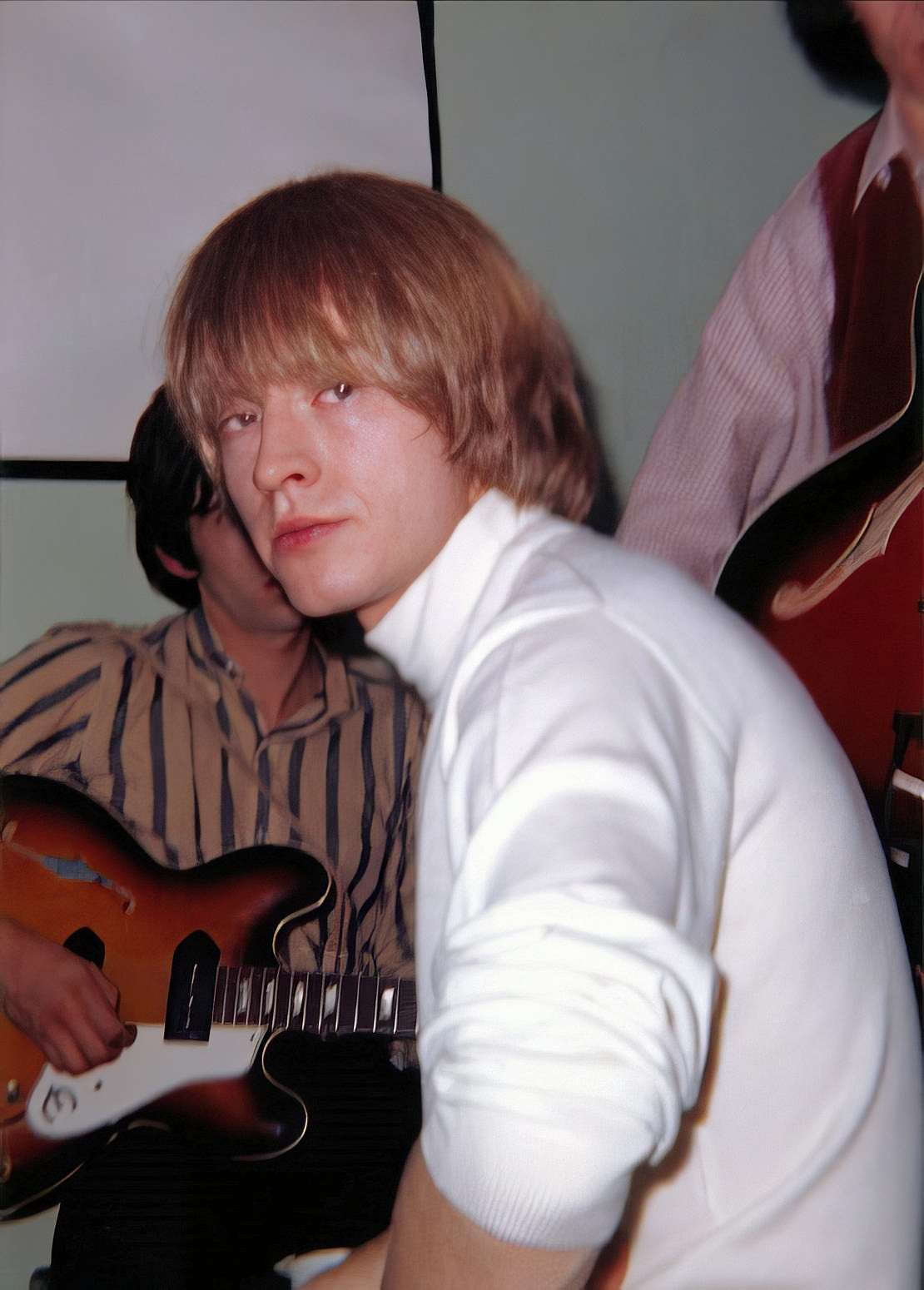
9. **Brian Jones**: As a founding member of The Rolling Stones, Brian Jones embodied the rebellious spirit of the 1960s rock scene. His life ended tragically in 1969, when he was found dead at the bottom of his swimming pool, subsequently joining the infamous ’27 Club.’ The official ruling was “death by misadventure,” with authorities concluding he drowned under the influence of drugs and alcohol, supported by autopsy findings of an enlarged liver and friends’ recollections of his sleeping pill use.
However, the seemingly straightforward narrative of an accidental drowning quickly unravels under scrutiny. The police report stated only three other individuals were present: his girlfriend Anna Wohlin, friend Janet Lawson, and contractor Frank Thorogood, who was renovating Jones’s home. Yet, other accounts suggest a larger group, blurring the lines of who was truly there and what transpired. Compounding the suspicion, Jones had reportedly fired Thorogood and his colleagues the day before, raising questions about why the contractor and his friends were still on the property, and whether a rumored pay dispute provided a motive for foul play.
Lawson later recalled Thorogood’s strange behavior that night and speculated that he might have played too roughly with Jones in the pool, only realizing the guitarist was drowning when it was tragically too late. Adding to the list of police oversights, Thorogood was found to be in possession of illegal drugs and was likely supplying them to Jones, yet this crucial information was withheld from the coroner, and police opted not to pursue drug charges.
Evidence strongly suggests that the initial police investigation failed to thoroughly pursue obvious leads. There were even allegations that superiors issued orders to abandon potential manslaughter charges, fueling persistent theories of a possible cover-up. Brian Jones’s death, therefore, remains a haunting “misadventure,” leaving behind a legacy as complex and mysterious as the circumstances of his final hours.
Read more about: Houston, We Have a Scene! 12 Mind-Blowing Movie Moments Filmed in Space (or Darn Close!)
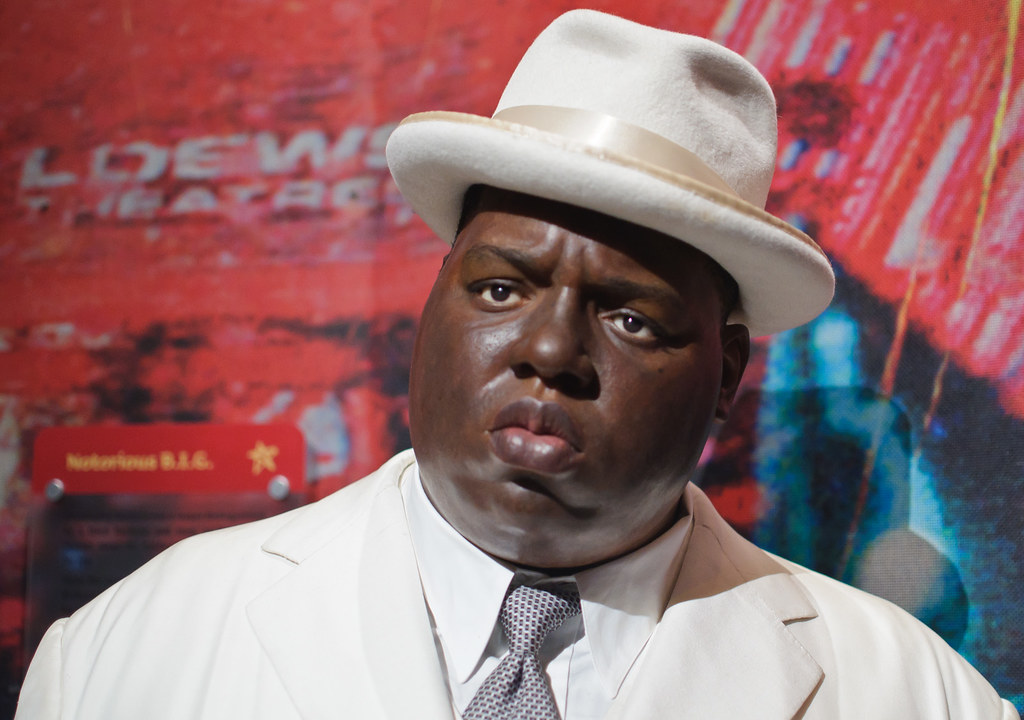
10. **The Notorious B.I.G.**: In the world of hip-hop, few names command as much reverence as Christopher Wallace, known globally as The Notorious B.I.G., or Biggie Smalls. Yet, the story of his life is tragically bookended by one of the music industry’s most enduring unsolved murders. As Smalls departed the Soul Train Music Awards in Los Angeles in 1997, a vehicle pulled alongside his, and he was fatally shot. This devastating killing occurred just six months after the murder of fellow rapper Tupac Shakur, sparking immediate speculation that Biggie’s death was a retaliatory act.
The theories surrounding his murder are as numerous as they are intricate. Many believe the crime was an escalation of the bitter rivalry between West Coast’s Death Row Records and East Coast’s Bad Boy Entertainment. It was rumored that Marion “Suge” Knight, the notorious head of Death Row, held Biggie of Bad Boy responsible for Tupac Shakur’s murder, providing a potent motive in a saga of escalating violence.
Further complicating the investigation are widespread theories of police involvement and subsequent cover-ups. Some suggest that corrupt Los Angeles Police Department officers orchestrated the killing, with the rest of the LAPD then working to conceal their tracks. There is indeed a significant body of evidence pointing to the police failing to pursue all possible leads, perhaps even deliberately turning a blind eye to crucial information that could have solved the case.
Retired FBI agent Phil Carson, who worked on the case, proposed a chilling theory that combines these elements, believing a man named Amir Muhammad carried out the murder under Knight’s directives, aided by corrupt officers. Intriguingly, there’s even a curious twist concerning Detective Russell Poole, who was investigating the rapper’s death and later died under sudden, mysterious circumstances. Though officially ruled a heart attack, some suspect Poole himself was murdered, adding another layer of intrigue to an already deeply entrenched mystery that continues to haunt hip-hop’s legacy.
Read more about: From IRS Nightmares to Bankruptcy Battles: 14 Celebrities Who Faced Serious Financial Legal Trouble
These ten stories, each a poignant reflection of lives lived and tragically lost, remind us that the world of celebrity, for all its dazzling lights, holds profound depths of human experience. Whether their final curtain call was overshadowed by seismic events, marked by quiet, personal battles fought out of the public eye, or etched into history as enduring, unsolved mysteries, each star left an indelible mark. Their legacies, far from fading into obscurity, become a powerful testament to their talent, their struggles, and the enduring human spirit. To remember them, in all their complexities, is to honor the genuine impact they had, long after the spotlights dimmed.


